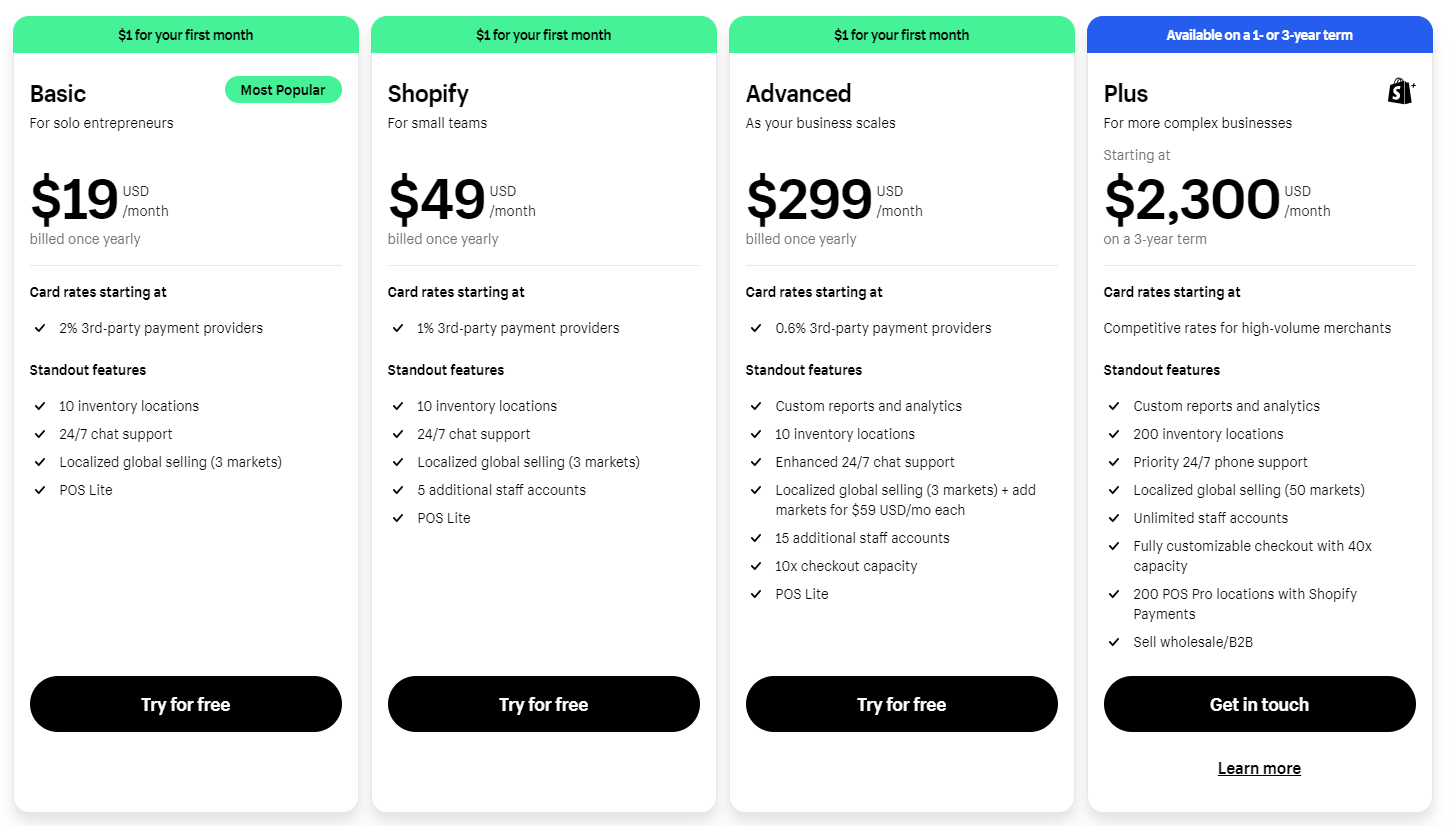The world of business has experienced a seismic shift with the advent of ecommerce. Today, the digital marketplace offers unparalleled opportunities for growth and expansion, with consumers embracing online shopping like never before. However, amidst this digital boom, managing the intricacies of a successful ecommerce operation can be overwhelming, especially for businesses aiming to concentrate on their core competencies. This is where ecommerce outsourcing emerges as a strategic solution to help businesses navigate the digital landscape effectively.
Ecommerce outsourcing involves enlisting specialized third-party service providers to manage and execute certain aspects of the ecommerce process. By harnessing the expertise of these outsourcing partners, businesses can unlock a host of benefits that can significantly impact their bottom line. From cost savings and enhanced efficiency to access to specialized skills, ecommerce outsourcing empowers businesses to optimize their operations and stay ahead of the competition.
In this extensive article, we will delve deep into the major benefits of ecommerce outsourcing, offering insights, real-life examples, and practical implications to inspire your journey towards growth and success. By the end of this comprehensive exploration, you will have a clear understanding of the transformative power of ecommerce outsourcing and how it can drive sustainable growth for your online store.
Benefits of Ecommerce Outsourcing
Cost Savings: Maximizing Value

In the fiercely competitive business landscape, cost optimization lies at the heart of any successful strategy. Ecommerce outsourcing presents a compelling opportunity for businesses to achieve more with less. By collaborating with expert outsourcing providers, businesses can tap into cost-effective solutions and drive efficiency in their operations.
One of the most significant cost-saving advantages of ecommerce outsourcing is the option to work with offshore development teams. These teams operate at a fraction of in-house costs in many regions, allowing businesses to significantly reduce labor expenses, infrastructure overheads, and technology investments. Outsourcing tasks such as ecommerce bookkeeping, web development, customer support, and order processing can lead to substantial savings without compromising on the quality of services provided.
For startups and small businesses, ecommerce outsourcing can be a lifeline, enabling them to scale their operations without the financial burden of building internal capabilities. This newfound financial flexibility empowers smaller enterprises to allocate resources wisely and invest in innovation and growth, positioning themselves for long-term success.
Enhanced Focus on Core Competencies

In the rapidly evolving world of ecommerce, businesses must remain agile and innovative to succeed. However, managing a wide array of tasks, from logistics and inventory management to customer support and marketing, can detract from a company’s ability to focus on its core competencies.
Ecommerce outsourcing provides the ideal solution by allowing businesses to refocus their internal resources and efforts on what truly matters—their core competencies. By delegating non-core activities to outsourcing partners, businesses can free up valuable time and personnel. This newfound focus empowers them to concentrate on product development, marketing strategies, and customer engagement – aspects that define their uniqueness and value proposition in the market.
For instance, a fashion retailer that outsources its logistics and order fulfillment can focus on designing and sourcing high-quality products, providing a unique and personalized shopping experience for customers. Similarly, an electronics retailer can channel its efforts into innovative product development and marketing campaigns, fostering brand loyalty and attracting new customers.
By shifting their focus to core competencies, businesses can drive innovation and creativity, ultimately strengthening their market position. Furthermore, outsourcing allows them to tap into external expertise for specialized tasks, giving them the competitive edge they need to thrive in the ever-evolving ecommerce landscape.
Access to Specialized Expertise

In the dynamic world of ecommerce, expertise is the currency of success. Ecommerce outsourcing opens doors to a vast pool of specialized knowledge. Third-party providers bring a wealth of experience and up-to-date insights into web development, business accounting, digital marketing, data analytics, and inventory management.
By partnering with outsourcing experts, businesses gain access to the latest technologies and industry best practices. This empowers them to implement cutting-edge solutions, delivering seamless shopping experiences to customers. Leveraging outsourcing expertise allows businesses to stay ahead in the online marketplace.
For example, an ecommerce web development agency can transform a home decor store’s website, optimizing the user interface and enhancing the customer journey. The result is a website that not only captivates visually but also converts visitors into loyal customers.
Moreover, outsourcing providers possess the expertise and infrastructure to handle fluctuations in demand, drawn from their experience in serving diverse seasonal needs. This allows businesses to adapt quickly and effectively to changing market conditions, improving their responsiveness and customer satisfaction.
Scalability: Seizing Opportunities

The ability to scale rapidly is essential in the world of ecommerce, where market demands fluctuate frequently. Ecommerce outsourcing offers businesses the agility to meet seasonal spikes, promotional events, and sudden shifts in demand.
Outsourcing partners effortlessly handle increased order volumes, expand product catalogs, and adapt to changing market dynamics. This ensures that businesses can maintain seamless operations and customer satisfaction, even during peak seasons or sudden surges in demand.
For example, an online electronics retailer may experience a surge in orders during the holiday season. By outsourcing order processing and fulfillment, the retailer can ensure timely deliveries and prevent delays. The result is a positive brand image and a satisfied customer base, fostering brand loyalty and encouraging repeat business.
Moreover, outsourcing providers possess the expertise and infrastructure to handle fluctuations in demand, drawn from their experience in serving diverse seasonal needs. This enables businesses to seize opportunities swiftly, improve their responsiveness, and stay ahead of competitors.
Improved Operational Efficiency

Operational efficiency is a cornerstone of ecommerce success. Ecommerce outsourcing streamlines operations and incorporates standardized workflows, honed through years of experience.
By adopting optimized processes, businesses reduce errors and increase productivity. Automation tools further enhance efficiency, automating repetitive tasks and freeing up valuable resources.
For example, a skincare brand outsourcing customer support benefits from a well-organized support system that promptly addresses customer queries, leading to higher satisfaction and retention rates.
Embracing outsourcing-driven efficiency enables businesses to allocate more resources to strategic initiatives and improve overall performance. The streamlined workflows and automated processes minimize the risk of errors and ensure consistent service delivery, enhancing customer satisfaction.
Reduced Risk and Increased Flexibility

Running an ecommerce business entails inherent risks, from data breaches to supply chain disruptions. Ecommerce outsourcing allows businesses to share risks with their providers, mitigating potential vulnerabilities.
Outsourcing partners implement risk management strategies, protecting businesses from data breaches and other security threats. Additionally, outsourcing provides increased flexibility, allowing businesses to explore new markets without long-term commitments.
For instance, an online grocery store can quickly adapt marketing efforts to target new demographics through outsourcing expertise in market analysis and audience segmentation. This agility ensures resilience and enables businesses to respond swiftly to market trends and challenges.
Moreover, outsourcing provides businesses with the flexibility to experiment with new strategies and initiatives without committing to substantial investments. This adaptability allows them to stay nimble and responsive to changing market conditions, positioning themselves as agile players in the competitive ecommerce landscape.
Frequently Asked Questions
What tasks can I outsource in ecommerce?
Ecommerce outsourcing covers a wide range of tasks, from website development and inventory management to customer support, digital marketing, and data analytics. Essentially, any task that doesn’t require in-house expertise or can be more efficiently handled by external specialists is suitable for outsourcing.
Will outsourcing affect my brand’s image?
No, outsourcing doesn’t have to negatively impact your brand’s image. Reliable outsourcing partners align their practices with your brand values, delivering a seamless customer experience consistent with your brand identity. In fact, outsourcing can enhance your brand’s image by improving customer service and overall efficiency.
Is ecommerce outsourcing suitable for small businesses?
Yes, ecommerce outsourcing is highly advantageous for small businesses, enabling them to access specialized services without significant investments. It offers a cost-effective way to expand capabilities and scale operations to meet growing demand.
How can I find the right ecommerce outsourcing partner?
Finding the right partner requires thorough research, focusing on experience, track record, and client testimonials. Select a provider that aligns with your business goals and values, and ensure clear communication channels and contractual agreements.
Can outsourcing help my ecommerce business during seasonal spikes?
Absolutely, outsourcing enables you to scale rapidly during peak seasons, ensuring smooth operations and customer satisfaction. By partnering with experienced outsourcing providers, businesses can handle increased order volumes and fluctuations in demand efficiently.
What are the potential risks of ecommerce outsourcing?
While outsourcing offers numerous benefits, businesses must address potential risks such as data security breaches and communication challenges. Proper due diligence, clear communication channels, and robust contracts mitigate these risks and foster a successful partnership.
Conclusion
Ecommerce outsourcing presents a strategic opportunity for businesses seeking to optimize costs, enhance efficiency, and focus on their core competencies. The 6 major benefits discussed in this article underscore the transformative power of outsourcing for ecommerce businesses. From cost savings and enhanced focus on core competencies to access to specialized expertise and improved scalability, ecommerce outsourcing equips businesses with the tools they need to thrive in a competitive digital landscape.
As the ecommerce industry continues to evolve, businesses must stay adaptable and agile. Ecommerce outsourcing provides the flexibility necessary to navigate changing market conditions while mitigating risks. By embracing this strategic approach, businesses can unlock the true potential of ecommerce outsourcing and pave the way for sustainable growth and success.
What Is EcomBalance?

EcomBalance is a monthly bookkeeping service specialized for eCommerce companies selling on Amazon, Shopify, Ebay, Etsy, WooCommerce, & other eCommerce channels.
We take monthly bookkeeping off your plate and deliver you your financial statements by the 15th or 20th of each month.
You’ll have your Profit and Loss Statement, Balance Sheet, and Cash Flow Statement ready for analysis each month so you and your business partners can make better business decisions.
Interested in learning more? Schedule a call with our CEO, Nathan Hirsch.
And here’s some free resources:
- Monthly Finance Meeting Agenda
- 9 Steps to Master Your Ecommerce Bookkeeping Checklist
- The Ultimate Guide on Finding an Ecommerce Virtual Bookkeeping Service
- What Is a Profit and Loss Statement?
- How to Read & Interpret a Cash Flow Statement
- How to Read a Balance Sheet & Truly Understand It









